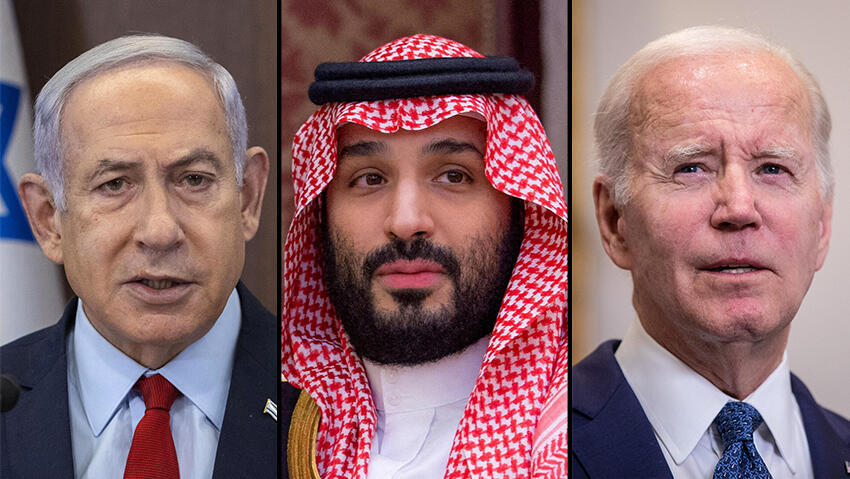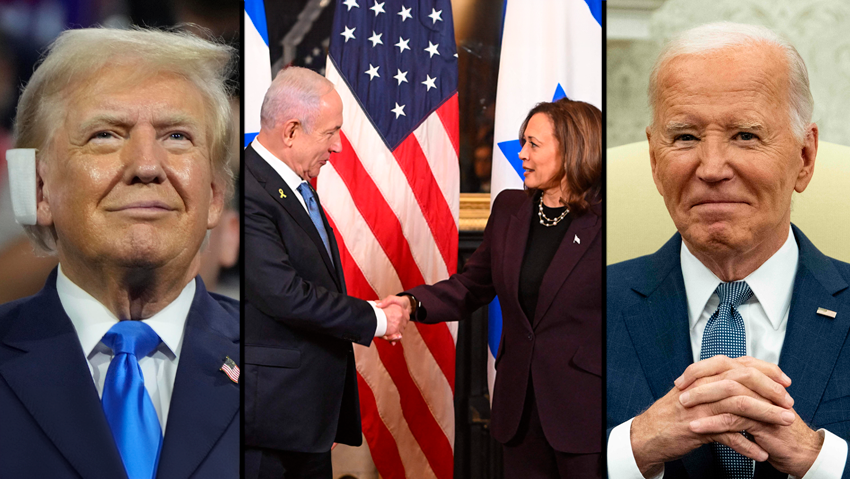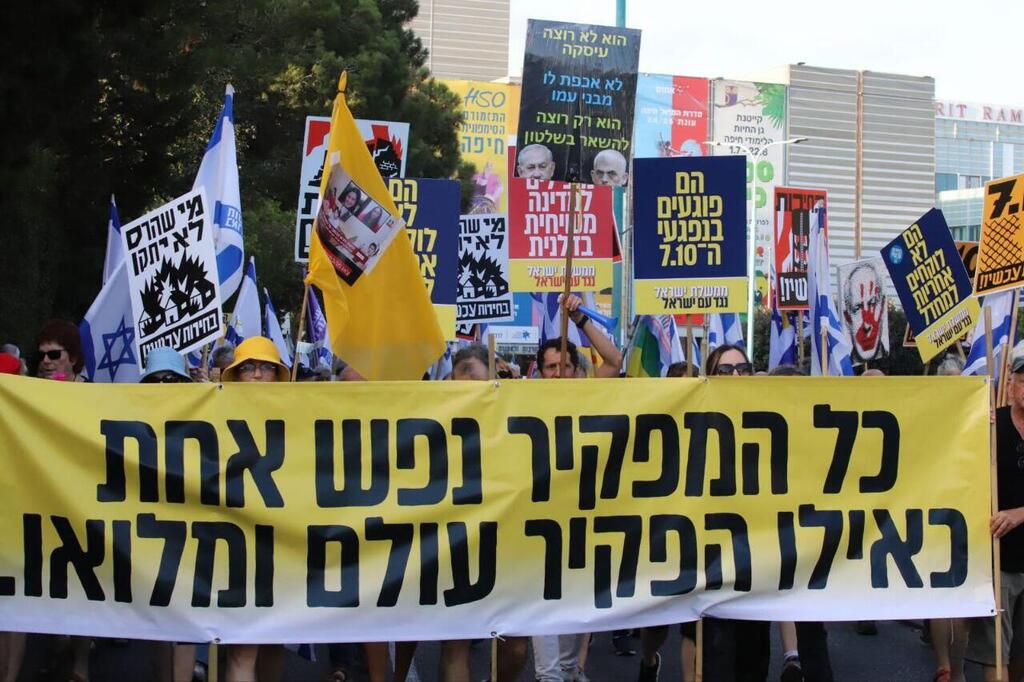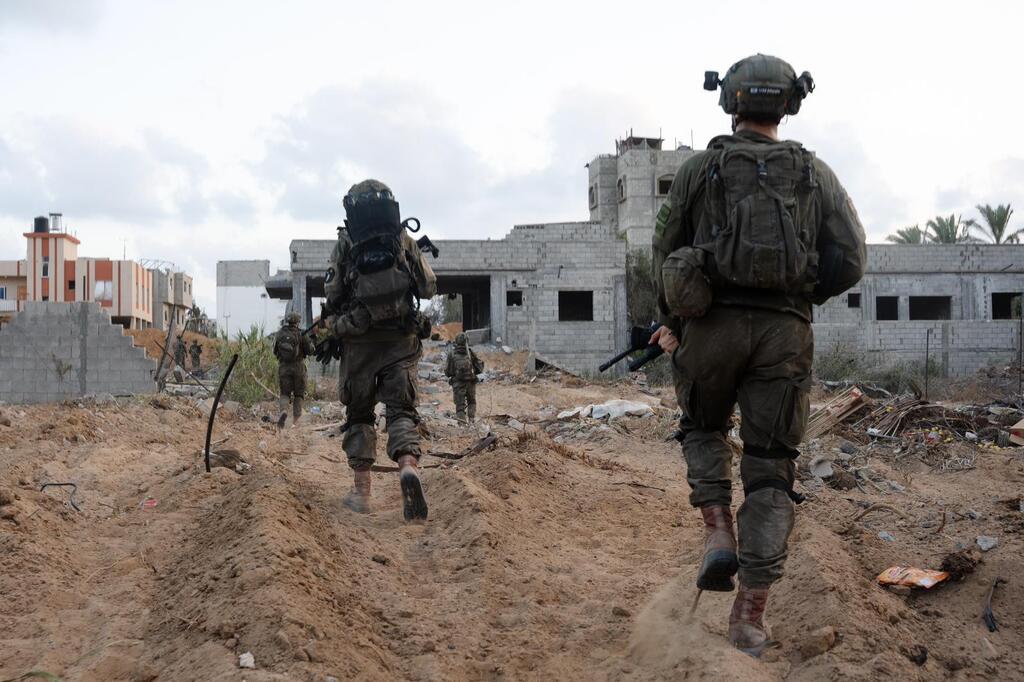Getting your Trinity Audio player ready...
We are in the midst of a multi-front war. To make the situation worse, Netanyahu took advantage of the assassinations to extend the war in the Gaza Strip without a deal. Put simply, he decided to give up on the release of the hostages and extend this endless war of attrition, increasing the chances of a bigger war.
It's not the world that is against Netanyahu rather the majority of the Israeli public and all the heads of the defense establishment and a few lawmakers from his Likud Party.
Is Netanyahu right and everyone else wrong? Possibly. This is why Netanyahu is an ongoing strategic failure. He failed against Iran, failed against Hezbollah, failed against Hamas and since October 8, he has led Israel to its lowest point in history. Can he be trusted?
Even worse, Netanyahu knows that every day that passes is another day of harm for Israel. More businesses collapse, more reservists are broken and the economy takes another hit. It is another day when tens of thousands of Israelis are refugees in their land and when more soldiers may be killed.
Yes, there are achievements. More terrorists have been killed, more tunnels uncovered and blown up. However, the achievements are increasingly small compared to the damage to Israel. In over 300 days of war, Hamas can still launch rockets and in the north, there is rarely a day without attack. Have the assassinations changed something? Did they stop Iran? Hamas? Hezbollah?
The Iranian threat must dealt with but first, we need a strategic change to come with the release of the hostages. A deal will lead to a cease-fire on all fronts. Hezbollah leader Hassan Nasrallah said that there would be a cease-fire as soon as the fighting in Gaza ends. Israel needs a period of calm, mainly to rebuild the IDF, rebuild the economy, rebuild society, and deal with the threat from Iran and its proxies across the Middle East.
The regional coalition is ready and can be improved with a possible American-Saudi-Israeli deal. Netanyahu continues with his "pressure on Hamas" narrative but has already done more damage than the any advantage that may come from the killings. Pressure on Hamas is helping Sinwar drag Hezbollah further into this war.
4 View gallery


Netanyahu, Salman, and Biden: Is an alliance possible?
(Photo: (Photo: Amit Shabi, Reuters, Ludovic Marin / AFP)
The damages can be much more severe if Iran launches another attack using missiles and drones. We are already bogged down in a 300-day war with Hamas so how can anyone believe it will end soon while there is a greater risk of war with Iran and an escalation in the fight with Hezbollah?
Maybe it's not too late to reach a deal to free the hostages, establish the regional coalition, and issue an ultimatum to Hezbollah: an immediate cease-fire and the implementation of UN Security Council Resolution 1701, which means the demilitarization of southern Lebanon. If Hezbollah agrees to these terms, Israel will achieve relative peace on the northern border, allowing the residents to return to their homes.
Israel could then deal with Hezbollah's weapons arsenal at its convenience. If Nasrallah refused , Israel would be in a much better position internationally. Although often underestimated, Israel's international position consistently interferes with its military objectives.
When the U.S. delays armaments amid increasing pressure to halt military aid to Israel, and Britain is considering ending all defense exports, it's due to the political front. After Italy announced a halt to its arms sales, when the Netherlands and Canada suspended munitions shipments, it was because of Israel's political standing in the world. And not least, the political instability in Israel encourages Iran to escalate its involvement in the war.
4 View gallery


US postpones some weapon shipments amid pressure
(Photo: Photo: Paul Sancya / AP, Jim Watson / AFP, Roberto Schmidt / AFP)
Anti-Israel activists around the world will not be impressed by a cease-fire, but American and European decision-makers might. How exactly does Netanyahu intend to continue the war with a dwindling supply of armaments? Israel needs a turning point. Ten months of war indicate a strategic fixation. The fixation means failure which can only deteriorate further.




